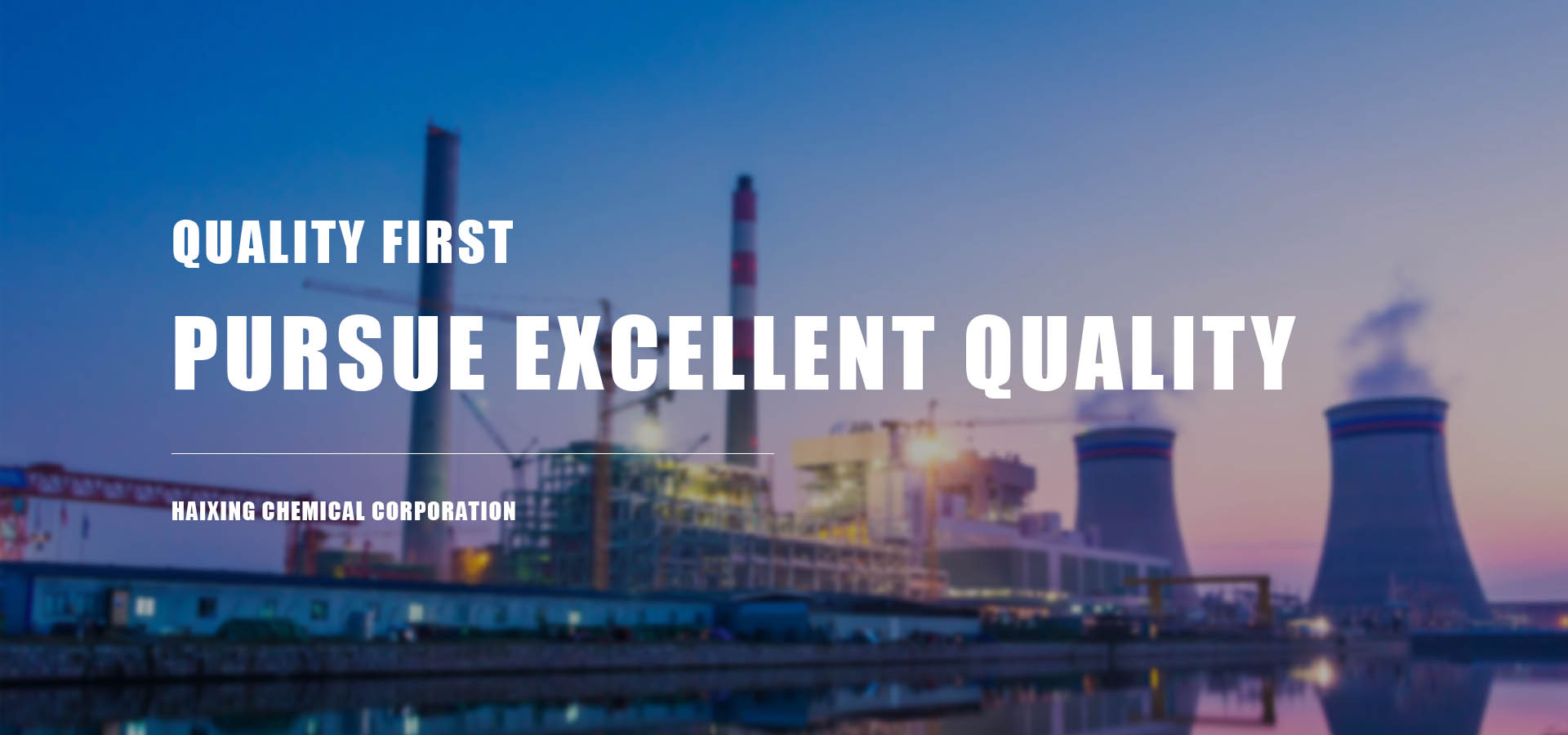What is propylene glycol? What does it do?
Strictly speaking, propylene glycol includes 1, 2-propylene glycol and 1, 3-propylene glycol, two isomers, the latter is mainly used as a solvent in industry and production, so the propylene glycol often mentioned in life refers to 1, 2-propylene glycol.
Propylene glycol is an organic compound, at room temperature is almost odorless viscous liquid, chemical stability, with a certain water absorption, its toxicity and irritation are very small.
Propylene glycol has a wide range of uses in industry and life:
It can be miscible with water and dissolve organic matter, so it is widely used as a solvent in the chemical industry.
Propylene glycol is often used as a wetting agent, moisturizer and antifreeze agent in cosmetics, soaps and toothpastes;
At the same time, it also has certain applications in resin synthesis and pharmaceutical fields.
Can propylene glycol be added to food?

For additives in food, China has issued a detailed GB2760-2014 "Food Safety National Standard Food Additive use Standard". According to the standard, propylene glycol can be used as a synthetic flavor for food, and its main functions are stabilizer, coagulant, anti-coagulation agent, defoamer, emulsifier, moisture retention agent and thickening agent.
However, the national standard also stipulates that the scope of use of propylene glycol is limited to raw wet flour products (noodles, dumpling skins, wonton skins, etc.), pastries (such as Chinese pastries, Western pastries, moon cakes, etc.) and edible decoration for pastries.
In wet flour products, the amount of propylene glycol added shall not exceed 1.5g/kg;
In pastries and their edible decorations, the maximum amount of propylene glycol added is 3g/kg.
Therefore, propylene glycol, as a food additive with low toxicity and allowed by the State, is allowed to be added to some foods if the content is not exceeded, and the milk is not allowed to add propylene glycol by the national standard.
What are the risks of ingesting propylene glycol?
As a national legal food additive, propylene glycol will not cause health hazards to the human body when the normal consumption of food with compliance standards.
In view of the harm caused by propylene glycol to the human body, it is necessary to consider the content of propylene glycol in food and the frequency of intake of food.
A large amount of one-time intake of propylene glycol has the risk of causing kidney disorders, and long-term consumption of food with excessive propylene glycol may cause the accumulation of propylene glycol in the kidney, causing harm to human health.
What other industries is propylene glycol used in life?
In addition to being a food additive, propylene glycol can be seen in many places in life, such as our daily use of cosmetics, skin care products, toothpaste and so on.

The role of propylene glycol mainly has the following three aspects:
(1) moisturizer
Propylene glycol and glycerin have a certain ability to absorb water and retain water, and the moisturizing performance of propylene glycol is softer and moderate compared with glycerin. Therefore, propylene glycol is often added as a moisturizing agent in cosmetics and skin care products to enhance the moisturizing performance of products.
(2) Antifreeze agent
After adding propylene glycol to cosmetics and skin care products, the freezing point of the liquid can be effectively reduced, so that the liquid is not easy to freeze and solidified at low temperatures, which is convenient for the storage and use of cosmetics and skin care products in winter.
(3) slippery agent
Propylene glycol has strong permeability and good dissolution and dispersion performance for organic matter. When added to cosmetics and skin care products, propylene glycol can help other ingredients evenly disperse on the skin surface and promote skin absorption.
In addition, propylene glycol can also be used in combination with glycerin and sorbitol as a wetting agent in toothpaste; In hair dye, propylene glycol can also help the hair dye substance to better disperse on the hair, and play a role in moistening and moisturizing.
To sum up, propylene glycol has a wide range of applications in daily life and it is also allowed to be added as a food additive to some specific foods. Normal consumption of these compliant foods will not cause harm to human health.







